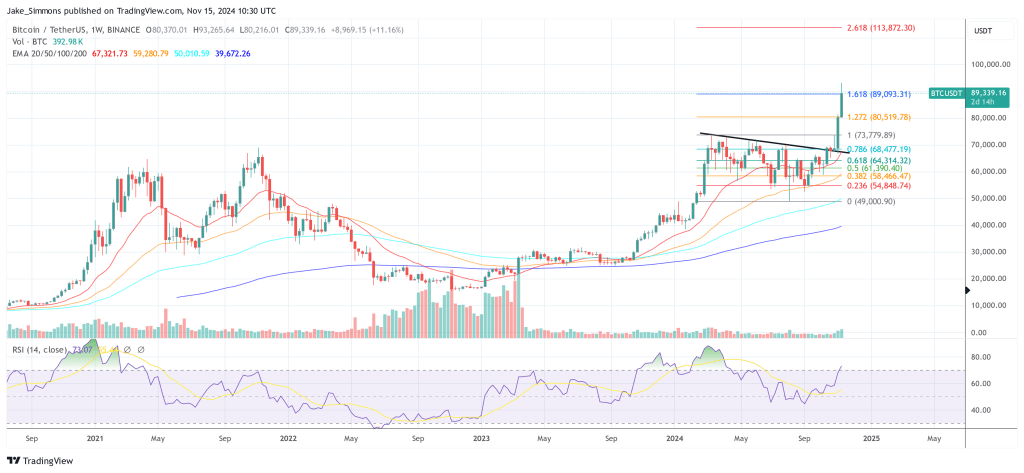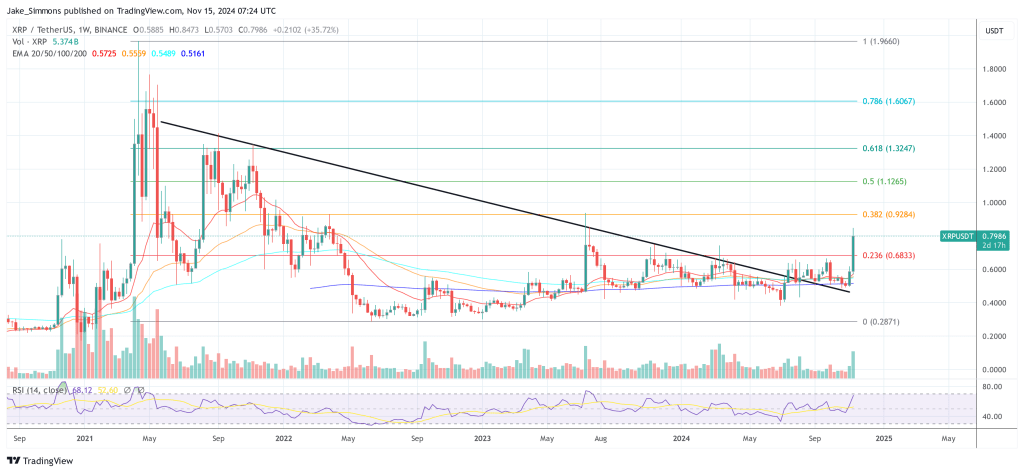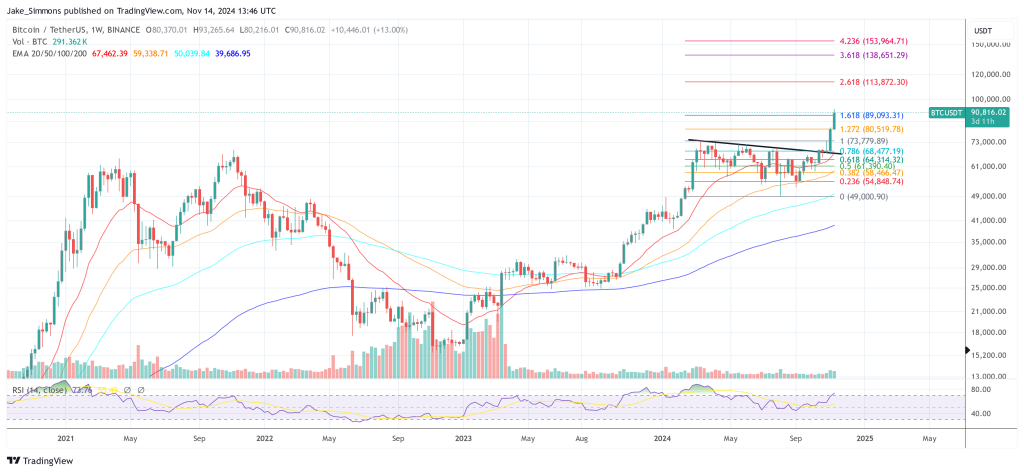A common scriptPubKey format, known as Pay-to-Public-Key-Hash (P2PKH), has the following form:
OP_DUP OP_HASH160 <push of 20-byte public key hash> OP_EQUALVERIFY OP_CHECKSIG
The hash of the public key is formed by ripemd-160(sha-256(compressed public key)).
You can find the hex encoding of the opcodes here: https://en.bitcoin.it/wiki/Script
The amount should be encoded as 8 bytes, in little-endian format. If you want to send 1 million satoshis, this would be 0x40420F0000000000.
By the way, you are missing "Input Count: 01" and sequence number in your example transaction.
The scriptPubKey in the article you linked is:
76a914f76bc4190f3d8e2315e5c11c59cfc8be9df747e388ac
Decoded, this is:
OP_DUP OP_HASH160 [push 20 bytes 76bc4190f3d8e2315e5c11c59cfc8be9df747e3] OP_EQUALVERIFY OP_CHECKSIG
This is exactly the same as above - a P2PKH output spending to the public key whose hash is 76bc4190f3d8e2315e5c11c59cfc8be9df74.
The article you linked is incorrect, when it says:
Locking Script — This is the hash of the locking script that specifies the conditions that must be met in order to spend this output.
It is referring to a P2SH output, but the output in the example is a P2PKH output.

You can get bonuses upto $100 FREE BONUS when you:
💰 Install these recommended apps:
💲 SocialGood - 100% Crypto Back on Everyday Shopping
💲 xPortal - The DeFi For The Next Billion
💲 CryptoTab Browser - Lightweight, fast, and ready to mine!
💰 Register on these recommended exchanges:
🟡 Binance🟡 Bitfinex🟡 Bitmart🟡 Bittrex🟡 Bitget
🟡 CoinEx🟡 Crypto.com🟡 Gate.io🟡 Huobi🟡 Kucoin.




















Comments